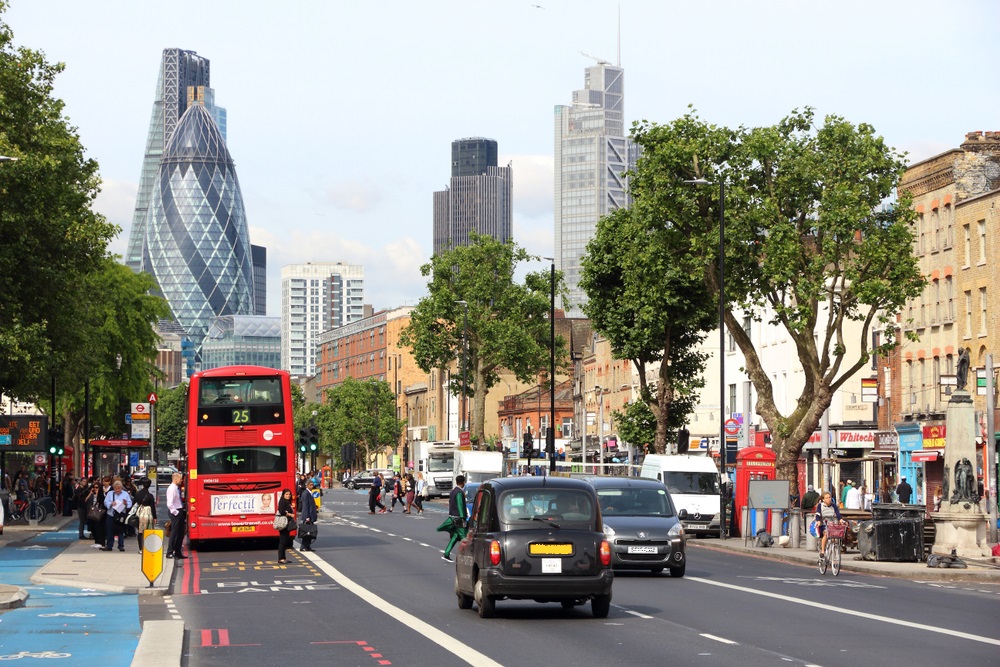We respond to Liveable Streets schemes consultation

We, alongside our NHS partners in Tower Hamlets, wrote to Mayor Rahman in response to the Liveable Streets schemes consultation. Our letter was written on behalf of the communities of Tower Hamlets and representing the thousands of NHS colleagues who live, work and study in the borough.
The CEO of the Royal London Hospital wrote to the then Mayor of Tower Hamlets in 2020 recognising the progress being made in making the borough a healthier place to live and asking the borough to implement the latest DfT and TfL guidance on liveable street measures in response to a significant rise in the number of NHS colleagues walking and cycling to work and in response to worsening air quality indicators as traffic levels returned to above pre-covid levels.
The Tower Hamlets “Liveable Streets” programme was welcomed by NHS partners. The quick introduction of pilot schemes that became permanent along with an overarching strategy to roll out across 17 neighbourhoods that would cover 60% of the borough demonstrated a significant commitment to implementing policy that would deliver tangible public health, environmental and social benefits.
The implemented schemes were consulted on extensively and have only been fully in place since 2021. We note the increasing evidence base that recognises “liveable neighbourhood” measures have a range of different and interconnected impacts, however the evidence suggests that these are largely positive, and it is in the medium to longer term where most of the benefits become apparent.
The most recent Healthy Streets Scorecard highlights once again Tower Hamlets has the lowest car ownership rates of any London borough. 71% of households in the borough don’t have a car and most trips are made by walking, cycling and public transport. Yet those living, working or studying in Tower Hamlets are exposed to the fifth worst air quality of any London borough regularly exceeding WHO safety limits. This disproportionately affects the most vulnerable in our society and acts to widen existing health inequalities in the borough.
We are concerned by the proposals to reverse elements of the Bethnal Green, Bow, Wapping, and Brick Lane schemes. To provide an informed view, we would request data and information regarding statements made in the consultation to be published and consider it important to compare with data from more established schemes in Waltham Forest and Hackney for example. Without sufficient time or data, our view is that it is a challenge to undertake a further consultation where insufficient information is available to provide an informed view. It is important for us to understand how these proposals align with our agreed North-East London ICS Green Plan and that it pays sufficient regard to the London Plan and national policy.
Our organisations have both declared climate emergencies and share many common objectives. Prioritising walking, cycling and public transport while reducing through traffic in neighbourhoods are now recognised as necessary measures in our response to both climate change and health inequalities. We call on Tower Hamlets to maintain its commitment to enabling more sustainable journeys, improving air quality and road safety.
Read more
Listen
- To our podcast where we spoke to three guests for a panel discussion on clean air, exploring the impact of air pollution on our health.
